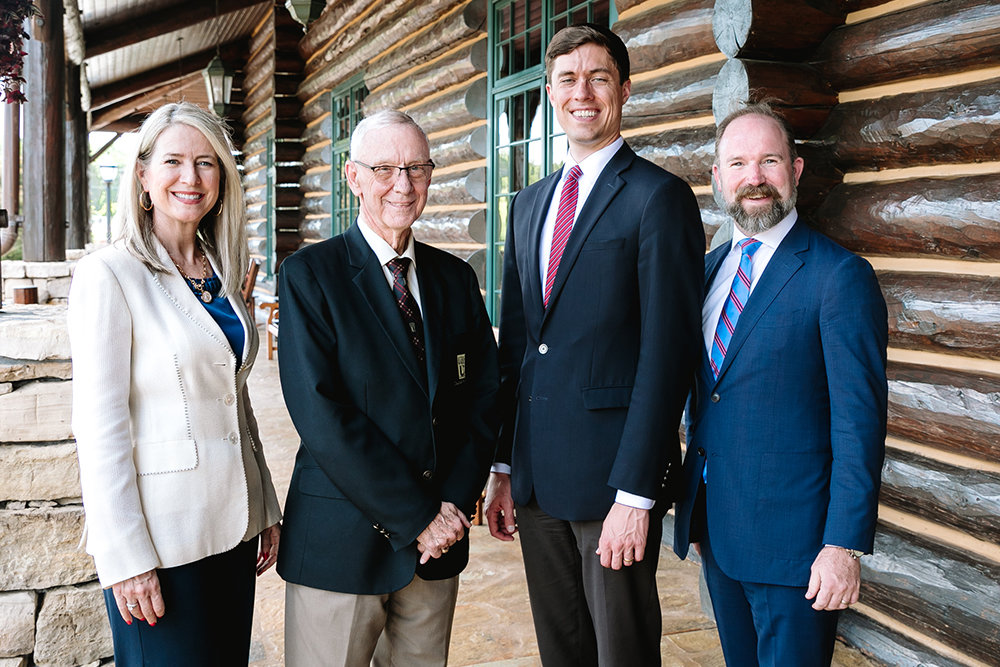YOUR BUSINESS AUTHORITY
Springfield, MO
YOUR BUSINESS AUTHORITY
Springfield, MO

College of the Ozarks’ growth and economic impact on the region is undeniable.
Since its first year in operation – the 1906-07 school year – its revenue has grown from $18,045 to $97 million.
The school was founded on the notion that impoverished men and women should be afforded the opportunity to secure higher education without going into debt. In exchange for working on campus, they get the education they need to build a better future.
“They start businesses, buy houses and focus on serving others through jobs as teachers, ministers and nurses, all because they graduate debt-free. This is a huge benefit over other institutions, whose students too often leave college with more than $100,000 of debt,” says Weston Wiebe, vice president for vocational programs and chief operating officer of the college.
The student body has grown from 180 students in 1906 to 1,729 students enrolled in the college today and another 277 at the School of the Ozarks, the college’s laboratory school. Employment has grown from six in 1906 to 397 in 2020.
Officials cite a 2018-19 economic impact study that found the college’s operations add $161.4 million in additional income to the Ozarks region.
“We know the numbers are powerful and represent an impact on our region, so we celebrate this,” Wiebe says.
There also is the greater economic impact of graduates who are able to earn higher wages, buy homes and pay taxes.
The development and operation of the Keeter Center restaurant, hotel and conference center also play a significant role in stimulating the lakes-area economy. Prior to the COVID-19 pandemic, the center annually welcomed 350,000-400,000 guests who spent an estimated $46.9 million in the region.
As with all educational institutions, the COVID-19 pandemic forced some immediate changes in how the college operated, and it forced the shutdown of the Keeter Center to the public.
The college kept all employees on staff by repositioning them. Some students went from being a chef to working on a beef farm, for example, or from working in a museum to managing facilities.
Meanwhile, creative efforts kept money safely flowing into the Keeter Center.
“The Keeter Center provided curbside service and discovered a new offering people came to love. The Fruitcake and Jelly Kitchen, Edwards Mill and General Store, and the Stained Glass and Candle Shop expanded their online offerings and saw sales increase 128% over the previous year, outpacing in-person sales and online sales combined,” Wiebe says.
But, he adds, “Our main concern was protecting our unique work-college model, where all students serve in workstations across campus.”
Connected to Watkins Elementary School is a new storm shelter now under construction.
Updated: Systematic Savings Bank to be acquired in $14M deal
STL construction firm buys KC company
Webster University's deficit triples
‘Dress for your day’: Companies are relaxing dress codes amid evolving ideas about fashion
Missouri House speaker accused of obstruction in ethics probe
Former CoxHealth colleagues starting communications firm
Developer targets opening by month's end for $10M apartment complex